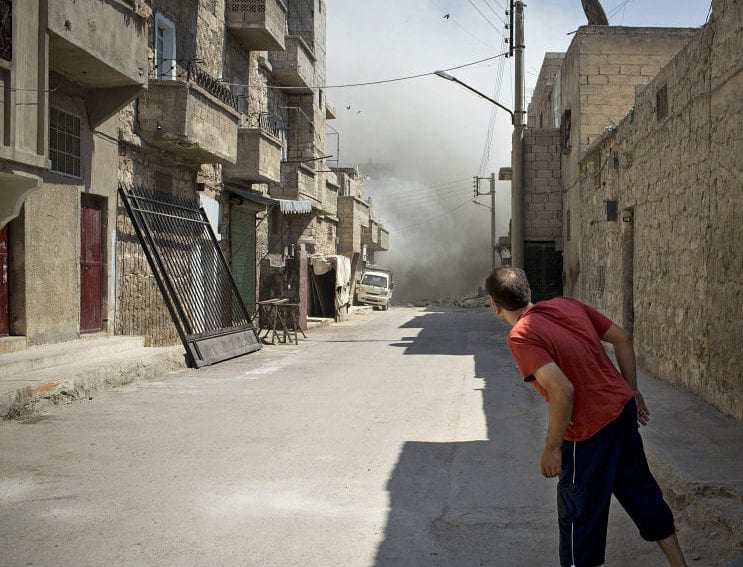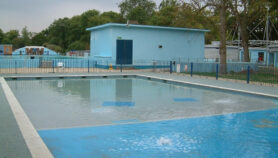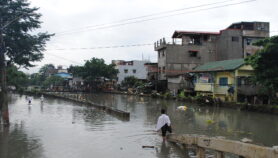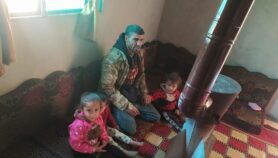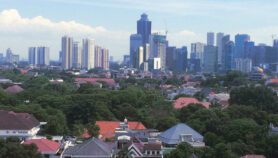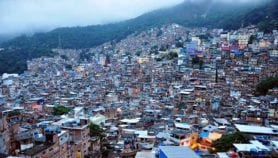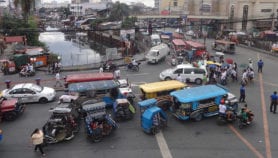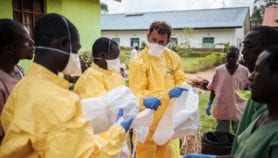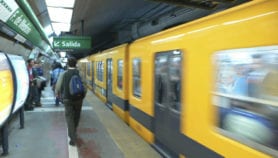By: Imogen Mathers
Send to a friend
The details you provide on this page will not be used to send unsolicited email, and will not be sold to a 3rd party. See privacy policy.
If you are unable to listen to this audio, please refresh your browser or click here to download [10.1MB].
Whatever shape the next Syrian government takes, those who take the reins will face an epic rehabilitation and reconstruction project.
Around a quarter of a million people have been killed and half the country’s population displaced. Conflict and blockade mean studies on infrastructure damage are scarce. But the satellite imagery and data that is available reveals a devastating picture: the UN estimates that half the country’s hospitals, over 7,000 schools and 2.1 million homes have been destroyed. It will be years before we know the extent of health and environmental effects caused by the destruction of ordinary buildings — through exposure to asbestos, for example — or the bombing of industrial plants.
In this audio interview, Sultan Barakat, director of the post-war reconstruction and development unit at the University of York, United Kingdom, outlines his ideas for rebuilding Syria.
He discusses some of the complex challenges the country will face, from dealing with environmental contamination and land mine clearance to rebuilding homes and getting basic public services up and running.
Barakat also explains how the nature of warfare and urbanisation in the 21st century complicates post-war reconstruction: bombing is devastating in cities, where infrastructure is tightly interconnected. “If you hit a water purification unit or, as happened in Lebanon and Gaza many times, you hit a power station, you bring the whole city to a halt,” Barakat says. For example, when Israel bombed the Gaza Strip’s only power plant in July 2014, the loss of power affected drinking water pumps and sewage processing, and forced hospitals to rely on precarious generators.
In Syria, as in Gaza, reconstruction will take billions of dollars, a “coherent” vision for development, technological ingenuity and “a spectrum of strategies”, he says.


